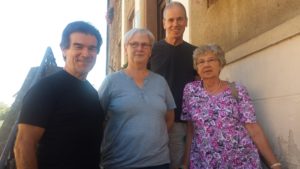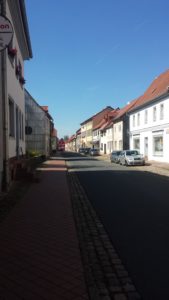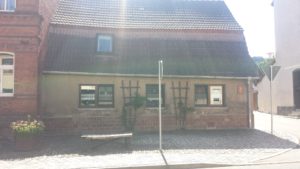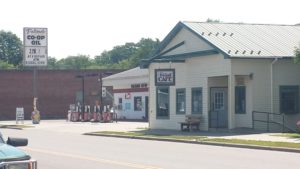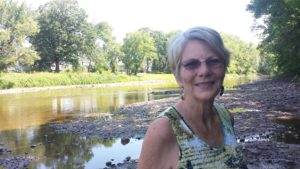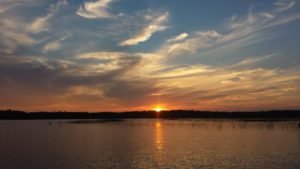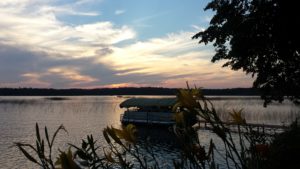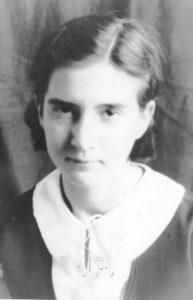 Don’t let the photo fool you. I had the hard job.
Don’t let the photo fool you. I had the hard job.
My friend Greg just wanted to ride his bike in the mountains for the week. But when he saw Karla and I arguing about whether the TV antenna had to go on the roof, he forcefully stepped in. She was convinced we didn’t need to and didn’t want me up on the roof. I’d like to think it was because she loved me so much that she could bear the thought of anything happening to me. But Greg and I finally convinced her that on the roof was the only place we’d get good reception.
And yes, in what our president and most of his supporters would describe as the greatest country in the world, our infrastructure is so bad that a half million-dollar home in an affluent town has few options for television service. The one available is satellite but it’s costly and not efficient when you only live here part-time. There is no cable and the only internet service is 1.5Mbps download DSL. On par with dial-up. No cable and the alternative microwave service is limited by tower space, which is currently full and not signing up new customers.
So we are on the roof installing an antenna to get the major channels to supplement HBO, Netflix and other services we subscribe to. We just have to realize that with 1.5mbps download speeds, streaming a movie is a solitary affair. No multi-tasking allowed.
We’ll “we” are not on the roof, but Karla and Greg are. But like I said, I have the hard job of running the automatic channel scanning function on the TV to see what stations I get as they re-positioned the antenna. Back and forth I went scanning and re-scanning. It took a minute or two for each scan while those two just sat there on the roof waiting for my report, doing nothing.
As you can see, Greg apparently has no problems with height, as he leans over the edge to attach the cable to the soffit. And Karla is connecting the antenna. We literally had hand-to-hand combat to see who would get on the roof. She beat me. OK, I let her beat me. Heights are not my thing.
When we visited the Vatican years ago, we took the kids to the cupola atop St. Peters. They admired the view while I clung to the back wall as my shins sweated. Yes, shins can sweat all by themselves. All it takes is an intense fear of falling off the edge of anything more than six feet off the ground.
When we lived in Virginia, cleaning the gutters was a joint effort. I held the ladder and Karla climbed up to clean them out. The ones on the front of the house were hardest. They weren’t any higher or more difficult to get to, but they were in full view of the street where neighbors marveled at either my ability to get my wife to do the hard work or my cowardice. I think I know which.
Once in awhile I was brave, as when I installed Christmas lights on the upstairs dormers. They were high above terra firmer, maybe as much as 10 feet! The roof was steep, so I would lay the ladder along rooftop and gingerly climb it. It was like crossing the Grand Canyon on a rope bridge. I dare not look down, knowing that I would not likely survive the fall. I would die of a heart attack at the mere sight of the ground.
So here we are, my friend and my wife on the roof, while I hit “set up,” “antenna,” “channel scan,” “start.” It was tough work, but someone had to do it.


